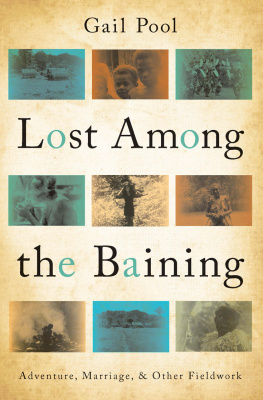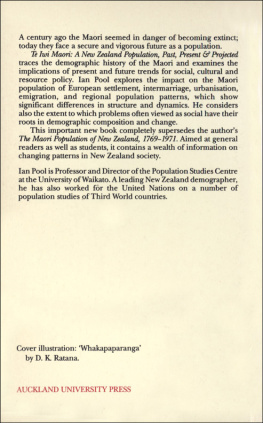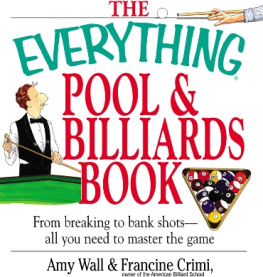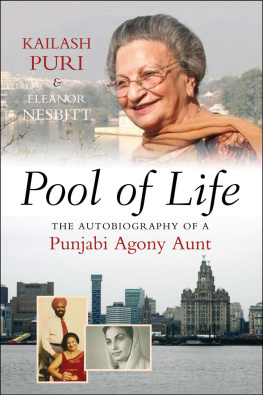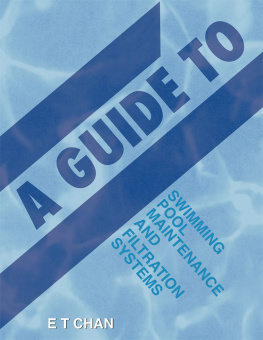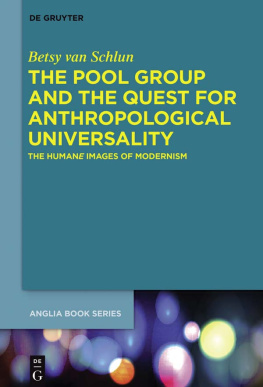1
Starting Points
It is the fall of 1967, and Jeremy and I are living in London. We are renting a row-house flat on Clifton Hill, between tony St. Johns Wood and gritty Kilburn, on the 159 bus route that takes us everywhere. The flat is large and not too shabbily furnished but damp in its basement setting. A frog lives just outside our window, in the cellar, and a cat comes to visit almost daily, a beautiful black creature we pamper with treats. No pets, says our landlady, Mrs. B., who lives upstairs and watches us closely. (Students! She has inventoried every cup.) It isnt ours! we sayevery timehoping that the cat purring on the sofa will distract her from the illegal paraffin heater in the corner of the room. She eyes us sternly, but perhaps she feels maternalwe look so very young; she never throws us out.
We have come to London from Cambridge, Massachusetts, just months after graduating college and one year after getting married. Harvard undergraduates do not often marry in 1966, and we take our families by surprise. And you swore you wouldnt marry till you were thirty! Marry now and statistics show youll be divorced within ten years! This last from Jeremys father, ever the academic, who has now guaranteed that we will stay together at least a decade, if only to prove him wrong.
I myself feel terribly shrewd to have married at the start of senior year, avoiding the postgraduation nuptials clich. I am convinced that starting out together as students has set us on an equal footing and saved me from the housewife syndrome. I have somehow failed to notice that I have simply become a housewife one year early. Nor have I noticed that being students together has nurtured a fierce sense of competition, which sprang to life in Cambridge, has thrived in London, and will bloom with lush vigor in the rain forest of New Guinea, when we have no one to compete with but each other.
Jeremy is twenty-two years old. He is tall and very thin with gray eyes and a dimple that emerges when he jokes, which is often. Hes so quiet it can take a while to realize how smart he is; so apparently low-key you wouldnt know that while he hates to fight, he loves to win; and so modest you might easily miss his ambition. But he was one of the stars of Harvards Social Relations Department, where cultural anthropology was housed; his two-hundred-page thesis earned him a summa; and he is clearly headed for academia where, like his father, mother, and brother, he feels at home. He is now studying anthropology at the London School of Economics, with fieldwork for his doctoral dissertation to start next year.
I am twenty-one. I am small and slim with thick dark hair that I wear in a braid to one side. Im prone to discontent except when I joke, which is often. Im so quiet its easy to miss the fact that Im intense, and so polite youd never guess that at home Im generally up for a fight. But in truth, although I dont yet know it, I hate to win.
I am not headed for academia if I can help it. It might appear that my classics degree has prepared me practically for little else.But this is not how I see it. I see myself as pragmatic, someone who plans ahead, and I too am ambitious: ancient Greek, I am certain, has prepared me to be a writer. While Jeremy attends classes, I tutor Latin and work diligently on a curious little novel about a young man who finds himself literally disappearing. I give remarkably little thought to what, if anything, this story might imply.
We are living in London because we fell in love with the city on our three-month trip through Europe the summer of our junior year: the American Grand Tour rendered not so grand on five dollars a day. We are also in London to escape family: my own in New York City, which includes a seriously unbalanced sister whose notes to me might read, in full: Dear Gail: Fuck you! Love, Lynne; and Jeremys father in Cambridge, a political scientist at the Massachusetts Institute of Technology who sits on the wrong side of the Vietnam War teach-ins and has inspired students to wear buttons that read Shoot Pool!
This is the sixties: we are also in London because we have grave problems with our country. I have been actively involved with civil rights, doing voter registration in Birmingham, Alabama, in the summer of 1965. We have both protested the war, and the chance of being drafted to fight a battle that we believe Americans should not be fighting shadows Jeremy and every young man we know. Although this will change in the course of the yearas I follow the upheavals back home and feel myself intensely, indelibly Americanwhen we leave the United States, I am not at all sure that I want to return.
We live student lives, at once earnest and impulsive. We debate world problems, we discuss Deep Issues, we read. We walk the city, we go to films, we go to more films, we booze with friends.We travel, poorly and poor, falling ill in Paris, running out of money in the Loire Valley, behaving badly in the great museums of Amsterdam with friends, art students no less.
One trip we take posts a warning that I curiously ignore. In the summer of 1968, we travel to Norway, where Jeremy lived for one year as a boy. We visit Oslo, but what he most wants is to hike in the Jotunheim mountains. It is a family tradition: his grandfather took his father, his father took him and his brother, and now he wants to go with me.
On this trip I make two discoveries. The first, really, I already know but have refused to acknowledge: I am not an outdoors person. I am urban, a city girl, a New Yorker to the bone. My idea of an outdoor excursion is having coffee at a sidewalk caf in Greenwich Village. I do not get the point of hiking, I do not enjoy it, and I do not do it well.
The second discovery, however, comes as a surprise, although I dont understand how this can be. We are crossing Besseggen, the ridge made famous by Ibsens Peer Gynt, who claimed to have crossed it riding a wild reindeer. The ridge is narrow, with a drop hundreds of meters down on either side. Look at that view! exclaims Jeremy, and indeed it is a stunning view. In fact, I am so stunned that I can focus only on my feet, which do not move. How can I not have known that I am seriously acrophobic? I have no memory of this phobia. Is it new? I am utterly, unbearably terrified of heights.
On the whole, this little jaunt does not bode well for fieldwork, which will take place in one jungle or another, which will no doubt require hiking, which will probably involve heights, and which looms just ahead. But with youthful insouciance, I do not take any of this in.
Fieldwork. This has been in the cards since I first met Jeremy, and by now I know all about it, secondhand. In 1968 fieldwork is the cornerstone of anthropology, the heart of it, the centerpiece, the main attraction, the Grand Thing. Anthropology departments send graduate students, armed with notebooks, cameras, and tape recorders, to live for some eighteen months among a so-called primitive tribe. The texts of the discipline are based on the fieldwork of earlier practitionersFranz Boas, Bronislaw Malinowski, Sir Edward Evan Evans-Pritchard, Margaret Meadand students are expected to do original work of their own.
In time, this concept will expand. In time, anthropology students may settle almost anywhere: in urban neighborhoods, in fishing villages, even in companies to study corporate culturein the eighties an anthropologist will pop up in the company where Jeremy works, and he himself will become an informant.
But in the sixties, such areas of study are left to sociology: anthropology takes on the primitive. And though already this word primitiveso pejorative, so indefinable, so imperialist, so arrogantis coming to be shunned, the concept of it thrives. Within the circle of anthropologists, stories abound: of rude living, hardships, and mud; of strange ways and gross misunderstandings. At one gathering, we hear about a bishop in some far-off land visiting a local Mass where suddenly onstage before him a villager kneels, and, to the priests horror, they chop off the fellows head! An apocryphal tale, no doubtor maybe notand told with great hilarity. I too laugh, and nod, transfixed.

